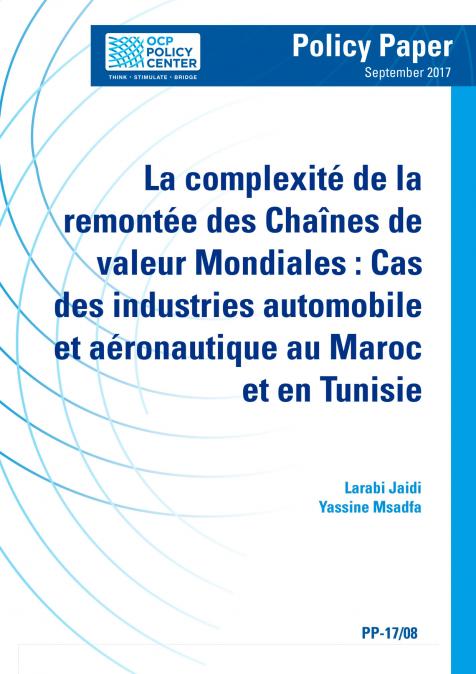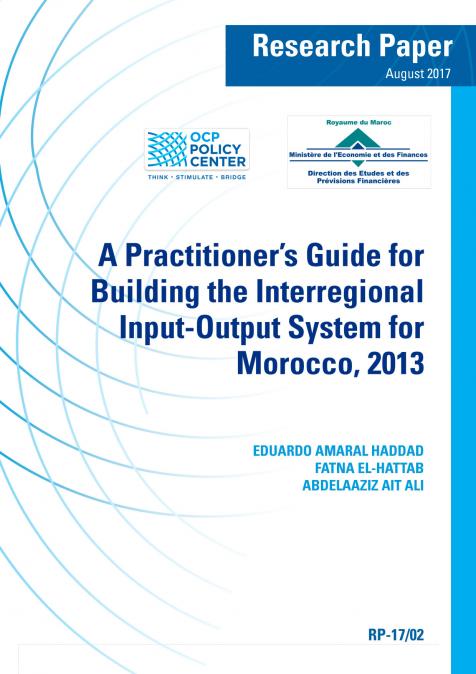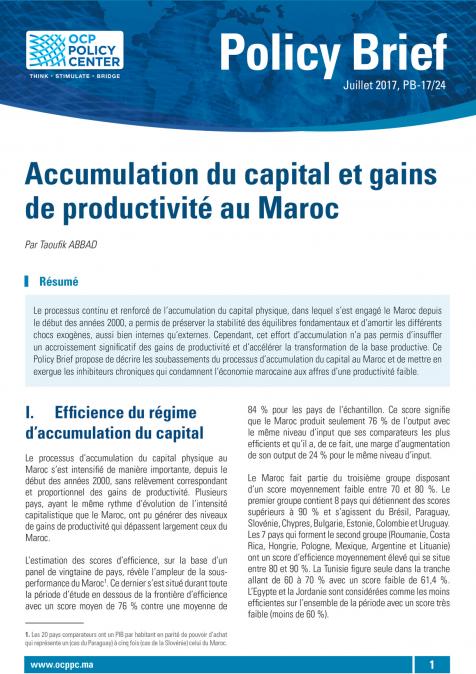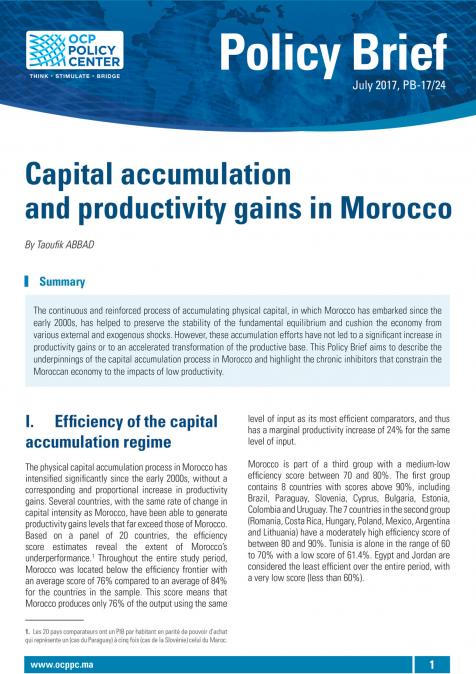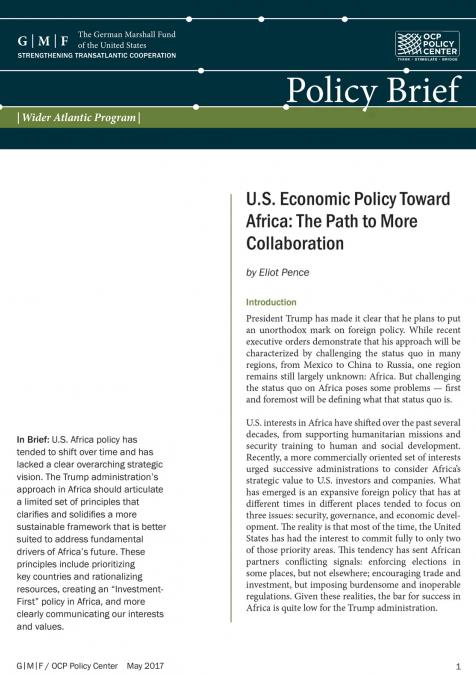Publications /
Policy Brief
Energy markets have experienced significant disruptions since the outbreak of COVID-19. In late 2021, soaring natural gas prices triggered a new crisis, leading to risks of energy supply shortages worldwide and propelling the issue of energy security to the forefront. Africa will not be spared the repercussions of this crisis, which could further increase energy inequality, which is in turn linked to other forms of inequality. Indeed, in a context of persistent inflation, the lack of reliable and affordable energy supplies tends to limit production possibilities and industrial growth, with negative impacts on employment, social protection, and health services, among others. While developed countries have achieved energy security and are now focusing on the energy transition, Africa strives to attain both. This makes the road ahead all the more challenging, as trade-offs between fossil fuels and renewables must be made in the short term to maintain a sustainable and secure energy supply. This implies the coexistence of fossil fuels and renewables for quite some time, which seems to go against the general consensus in favor of eliminating fossil fuels as soon as possible. It also raises the question of accountability for climate change action. While the energy transition is inevitable, it must be tailored to the socio- economic, political, and security contexts of each region, and in its implementation must take into account regions’ different responsibilities for climate change.



